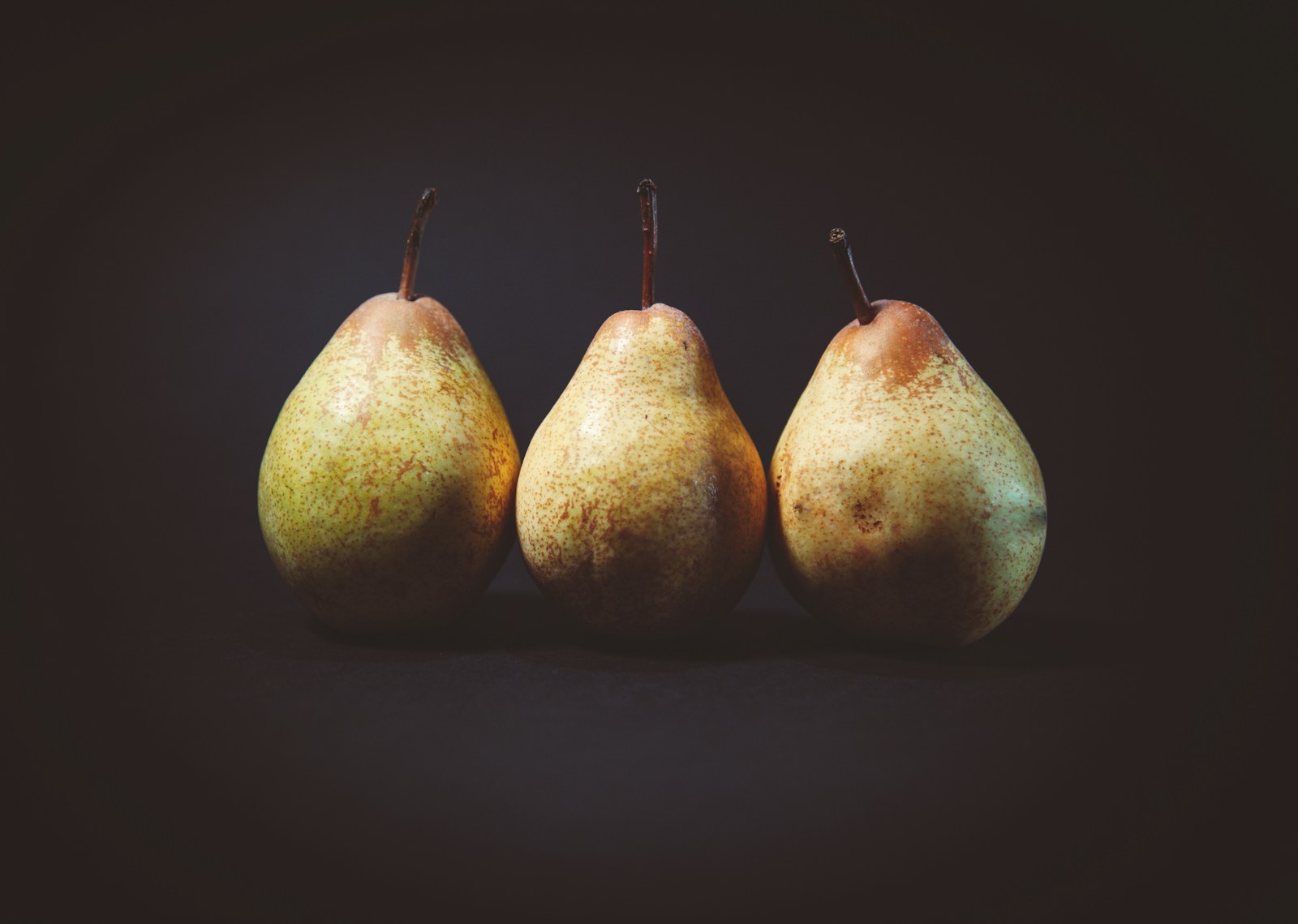
水果
shuǐguǒ

fruit
This term refers to fruits in general. China has a wide variety of fruits available depending on the season.
Example sentences using: 水果
我哥哥喜欢吃水果。
Wǒ gēge xǐhuān chī shuǐguǒ.

My brother likes eating fruits.
The phrase is basic and effective in emphasizing that the speaker's brother has a liking for fruits. '哥哥' (gēge) means 'older brother' in Chinese.
我们全家都爱吃苹果这种水果。
Wǒmen quánjiā dōu ài chī píngguǒ zhè zhǒng shuǐguǒ.

Our whole family loves eating apples, this kind of fruit.
This sentence highlights a specific fruit (apples) that the whole family enjoys eating. '全家' (quánjiā) translates to 'whole family' in English.
每天早上我妈妈都会切一些水果。
Měitiān zǎoshang wǒ māmā dōu huì qiē yìxiē shuǐguǒ.

Every morning my mother will cut some fruits.
In this sentence, the speaker is expressing a routine task done by their mother, which is cutting fruits every morning. '妈妈' (māmā) means 'mother' in Chinese.
水果是我们全家的最爱。
Shuǐguǒ shì wǒmen quánjiā de zuì ài.

Fruit is our family's favorite.
This sentence explains that fruits are the favorite food of everyone in the speaker's family.
我爸爸经常在超市买水果。
Wǒ bàba jīngcháng zài chāoshì mǎi shuǐguǒ.

My dad often buys fruits from the supermarket.
It says that the speaker's father often purchases fruits from the supermarket. '爸爸' (bàba) means 'father' in Chinese.
我妹妹不喜欢吃水果。
Wǒ mèimei bù xǐhuān chī shuǐguǒ.

My younger sister doesn't like eating fruit.
This is a simple sentence stating that the speaker's younger sister does not enjoy eating fruits. '妹妹' (mèimei) means 'younger sister' in Chinese.
我们家的水果篮子总是满的。
Wǒmen jiā de shuǐguǒ lánzi zǒng shì mǎn de.

The fruit basket in our house is always full.
This sentence conveys that the speaker's house always has an abundance of fruits, as indicated by a always full fruit basket.
我姐姐总是把水果切得很小。
Wǒ jiejie zǒng shì bǎ shuǐguǒ qiē de hěn xiǎo.

My elder sister always cuts the fruits into small pieces.
This phrase implies that the speaker's elder sister has a habit of cutting fruits into small pieces. '姐姐' (jiejie) signifies 'older sister' in Chinese.
我的家人喜欢吃新鲜的水果。
Wǒ de jiārén xǐhuān chī xīnxiān de shuǐguǒ.

My family members like eating fresh fruits.
The sentence is communicating the preference of the speaker's family for fresh fruits.
我家有很多水果。
Wǒ jiā yǒu hěn duō shuǐguǒ.

There are many fruits in my house.
This sentence is useful for expressing that the speaker's house has many fruits. The word '家' (jiā) in Chinese means 'home' or 'family', which in this sentence refers to the speaker's house.